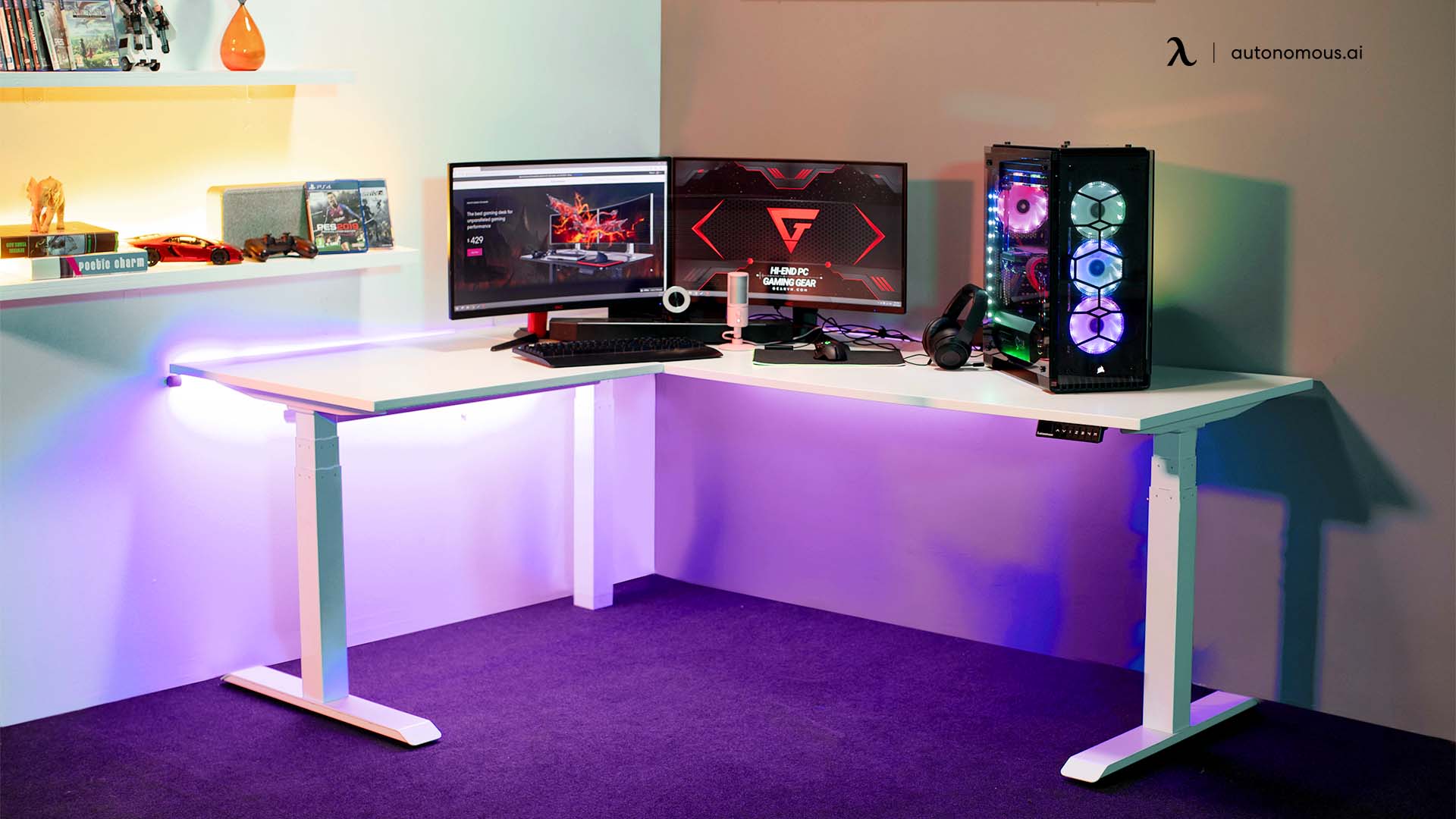
Table of Contents
While having a dedicated gaming PC is not outside of the norm, having a dedicated streaming PC is a whole different story. Dual PC streaming is not unheard of, though it may not suit everyone's tastes, needs, and capabilities.
There is absolutely nothing wrong with having a single PC that handles both your streaming and your gaming. Provided that the specs on it are respectable, you should have no challenge running some of the most demanding games while displaying them in high fidelity for those who may be attending your stream.
Of course, you do need to think about a proper streaming desk setup, which may include your sit-stand desk and streamer chair. However, today is not necessarily about the furniture, as the intention is to focus squarely on finding you the best streaming PC build that you can get your hands on.
One of the questions that tends to come up whenever this conversation takes place is, should you buy a prebuilt PC, or should you go the route of building a streaming PC instead? Of course, the farmer requires you to know how to build the best streaming PC in the first place.
Even if you do know that, it doesn't automatically make doing so feasible. If nothing else, prebuilt PCs are known for greater convenience, and you have guarantees on delicate parts that you would otherwise have to count as a loss if they arrived damaged for a PC you built yourself.
Some people have an irrational fear that going the prebuilt route leads to less than desirable specs being shipped with your PC. You can exercise some level of control over this by ensuring that you properly evaluate your needs and the specs needed to take care of them.
You may want to establish a minimum and recommended baseline for best results. Once you exceed that recommended threshold, then you should theoretically be well on your way to a tremendous gaming and streaming experience.
Why put yourself in a position where you must worry about the condition of gaming PC building parts and if you have put things together that work optimally together at all.
With the opening explanations out of the way, here's a little preview of what you can expect as you continue to read. First, there's a quick look at things you may want to consider as you choose to buy a dedicated streaming PC.
Next, there is the consideration of going the single or dual streaming PC route with your setup. Finally, there is a brief overview of some of the best streaming PCs and best streaming computers available, and the specs are even present to reinforce whatever narrative you see.
Do You Want to Build or Buy Your Dedicated Gaming PC?
The choice between building and purchasing a gaming PC is one of the first to be made before bringing one into the house. While constructing your personal computer from scratch may seem daunting at first, it's actually rather straightforward.
Putting together your own PC is like putting together a puzzle if you can access countless online tutorials and videos. A custom-built gaming PC is the best option if you have the time and knowledge to put it into it; nevertheless, a pre-built PC is available and can be just as effective.
If you opt to construct your own gaming computer, you can customize every aspect of it to your liking, even the mouse or keyboard tray. When you purchase a ready-made gaming PC, you may not be able to customize the configuration of its internal components as much as you would want.
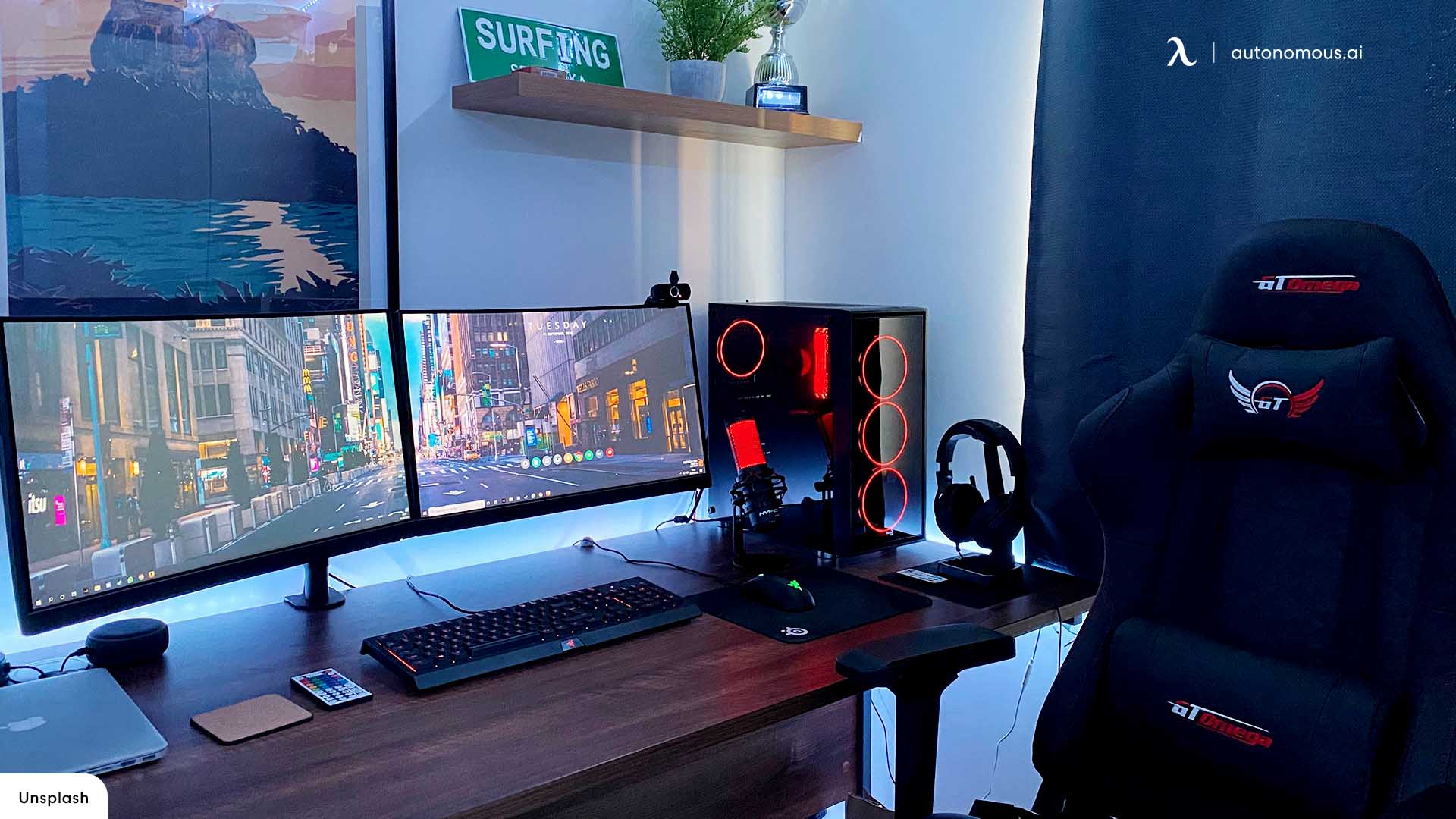
Things to Consider When Buying a Dedicated Gaming PC
Starting as a small community, streaming video games has swiftly become a popular phenomenon, with many ambitious gamers adopting it as a platform for professional success. But if you plan on taking streaming seriously, you'll need the proper computer accessories.
If you're looking for the best streaming computer, look no further; a dedicated streaming machine is a powerful PC capable of easily running demanding games and other heavy applications.
If you want to buy one for yourself, our guide below will help you figure out the best streaming computer.
1. Memory
Your memory dictates your streaming PC build capacity to temporarily store and execute programs. Without enough of it, expect anything demanding to present a tremendous level of slowdown, and possibly even the highly feared blue screen of death.
Some people would tell you that you don't necessarily need to think about getting anything above the 8GB mark. Make no mistake, as 8GB can suffice for people who use their PCs for work and are on the more casual side of the spectrum.
Unless you never plan on playing newer AAA titles, 8GB is simply not going to cut it. Instead, try to shoot for a model that gives you at least 16GB.
The speed of operation is also important, as it helps you understand the efficiency that your rig can execute instructions with. Typically, anything running with at least 3,000 MHz should be more than enough. You can even take things a step further and opt for a configuration with 3,200 or 3,600 MHz.
2. Storage
Some people think of storage as just a place that holds the various files that your PC needs for operation and also stores your programs. While you're not necessarily wrong, high-performing storage can contribute to the overall greater operability of your streaming PC build.
For your computer to access your information, it must first be saved somewhere. Data like documents, software, and operating systems will all be stored on a hard drive for easy retrieval.
While HDDs were formerly the standard for storage, SSDs are more commonly found in homes and businesses these days. However, SDS is more expensive per gigabyte, but they're also faster, quieter, and more durable.
If you buy a standard rotational hard drive as your main secondary storage method, expect it to create a bottleneck, resulting in a slow experience. Remember that the storage passes everything to memory for execution, and the speed at which that happens depends on how fast both your storage and memory operate.
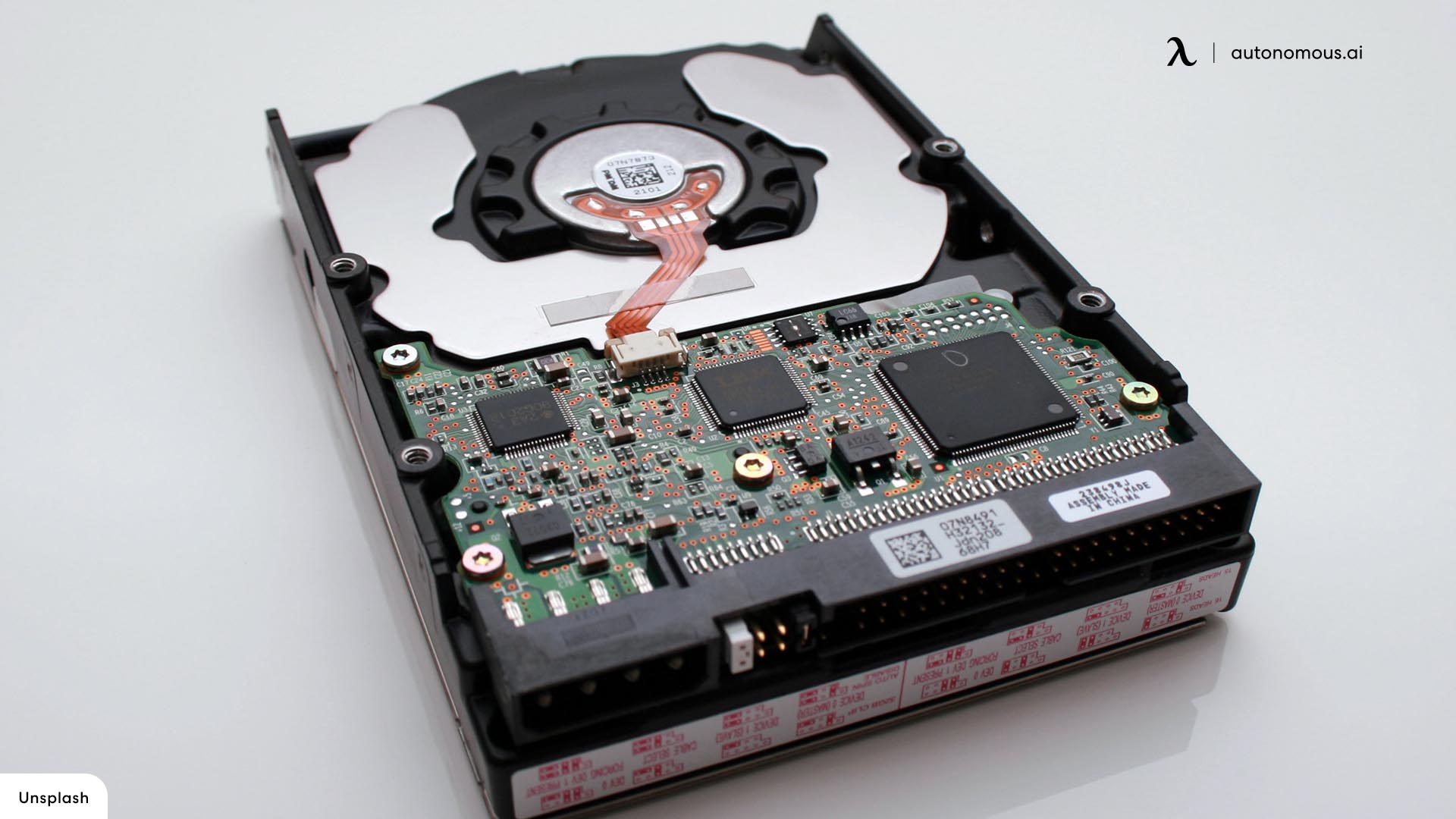
Even the fastest performing secondary storage options are not going to be as fast as memory can accommodate, so your intention is more to limit the bottleneck that storage costs more than anything else.
The best way to do this is to opt for a machine that’s running an SSD. NVME M.2 SSDs are some of the best ones to go for. There’s nothing wrong with a standard HDD as a second drive.
3. Processor
The processor is the brain of your streaming PC build, and it handles a lot of the logic and control that's necessary for your rig to run efficiently and as you want it to. However, for it to do its job effectively, you need to ensure that it is high-powered enough to handle whatever may come its way during use.
For example, you cannot use a processor that has four threads and stream demanding games effectively. The standard is for you to have at least six. If you're opting for Intel i-series CPUs, then you typically have no less than six cores once you start to traverse into i5 territory.
It doesn't hurt to also look at the cooler that's being used to help the CPU maintain acceptable temperatures, as the absence of a good one or none can result in a very expensive time for you, which you most certainly want to avoid.
4. GPU
There is probably nothing given more attention by gamers than the GPU in their PCs. After all, it does exercise a lot of control over what you can play and how well you can display it.
Regarding gaming performance, no single component is more crucial than the GPU. While the central processing unit keeps the score, the graphics processing unit draws it for you to see. If your CPU cannot process what's happening in your game quickly enough, your GPU will have to wait for it, resulting in reduced frames per second (lag) and a bottleneck effect. So, don't skimp on either component if you want the best streaming computer.
Graphics card technology seems to continuously be pushing new boundaries, especially where NVIDIA is concerned. The manufacturer’s latest set of RTX builds are out of this world, and some of the beefiest rigs in the world are known to use them.
5. RAM
RAM, or random access memory, stores temporary data and programs on your computer's hard drive. It stores frequently accessed information close at hand, eliminating the need for your computer to get it from a storage medium repeatedly. Since random-access memory (RAM) gets reset when it loses power, larger storage drives are still required for long-term data storage.
When it comes to RAM, more is better. There's no such thing as having too much RAM, but in all honesty, most streaming PC builds won't even notice if you only have 16GB, and 32GB is the absolute minimum if you want your best streaming PC build to last for a few years.
6. CPU
The Central Processing Unit (CPU) of your gaming streaming PC build is a crucial component, along with a CPU holder. You shouldn't skip this aspect of the process just because it's one of the easiest to find among the many available online.
The number of cores (and strands) and processor speed are two factors to consider when buying a central processing unit. While additional features, such as the option to overclock your CPU to increase performance, are nice to have, core counts and clock speed are the most crucial specs to watch out for.
It's worth noting that these are minimum system requirements, and the best streaming computer typically necessitates spending more.
7. The Cooling System
The type of case determines the nature of the cooling mechanism. It's preferable to use a case that allows for the installation of additional fans. Over a certain temperature, the performance of your streaming PC build can begin to degrade due to the excessive heat it generates.
Fans are useful for reducing ambient temperature. Acquiring a case that is not sealed is also recommended, as adequate airflow is critical for maintaining a constant temperature inside if you want the best streaming computer.
8. Gaming Screen Size And Resolution
As far as gaming monitors go, the more pixels and the higher the resolution, the better. If you prefer to be seated close to the screen when playing games, a 21.5-inch screen is a good compromise between comfort and visibility.
For gaming and general use, 1920 x 1080 pixels (commonly known as Full HD or 1080p) is the recommended minimum resolution.
However, keep in mind that a greater resolution paired with gaming keyboards and gaming lights are must-haves for an enhanced playing experience.
9. Single or Dual Streaming PC
The next thing you want to think about is if you want to stream with a single or dual PC setup. First, you should know that the latter is not necessarily the most common thing in the world. Most gamers play and stream from one streaming PC build that probably has multiple screens connected to it.
That's not necessarily because using a single streaming PC specs is better, but the resources and expertise to set everything up may be way too intimidating for some people.
If you go for a single gaming and best streaming PC, you get a more convenient setup, more forgiving hardware requirements, and you are less likely to be susceptible to screen tearing challenges, so long as your build specs are up to the task.
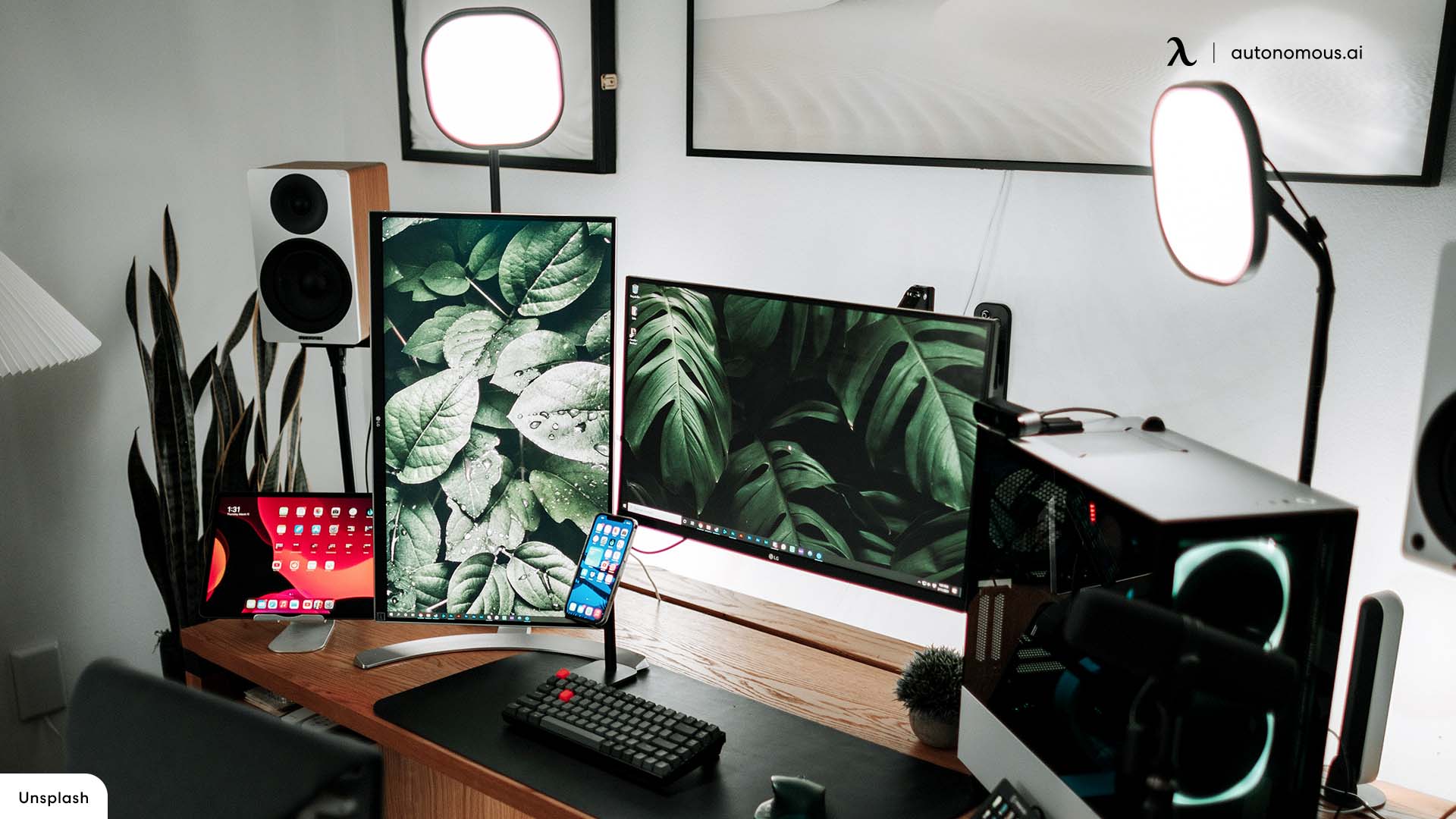
However, if you opt for a dual PC streaming setup, you can reduce the workload on your gaming PC, exercise tighter control over your stream, and even maintain your live stream, even if your best streaming PC should give out during a crash.
That last one allows you to maintain your viewer count exceptionally well in that event of an unfortunate event. When people see a stream go offline with no warning, they may stick around for a couple of minutes before they leave. If you aren’t back up and running quickly, you may have some serious trouble.
Our Budget Build Recommendations
CPU: Ryzen 3 3200G
GPU: GeForce GTX 1050
Motherboard: B450 Chipset
RAM: 8GB DDR4
Storage: 1TB HDD
Operating System: Windows 10
This PC is excellent for streaming and is also very affordable. You can probably get 1080p at 30FPS or 60 with some tweaking of the settings, but the resolution at which it truly excels is 720p. It's a low-cost setup, and a specialized streaming PC only needs a little power, especially at lower resolutions. Therefore this configuration should work.
Our Mid-Range Build Recommendations
CPU: Ryzen 5 3600
GPU: GTX 1650 Super
Motherboard: B450 Chipset
RAM: 8GB DDR4
Storage: 1TB HDD + 240GB SSD
Operating System: Windows 10
If you're willing to spend a little bit extra, this is the better overall construction you can get. Including a dedicated NVIDIA GPU makes it possible to employ NVENC for encoding. This setup is affordable while being capable of broadcasting at 900p or 1080p.
Our Hardcore Build Recommendations
CPU: Ryzen 7 3700X
GPU: RTX 2060 Super
Motherboard: B450 Chipset
RAM: 16GB DDR4
Storage: 2TB HDD + 512GB SSD
Operating System: Windows 10
If you want to stream at 1080p at 60 frames per second, you shouldn't have any trouble with this. It's overkill at this point, but the beautiful part about this design is that you may also use this as an editorial rig if you want to publish highlights of your gaming or other such stuff.
Final Thoughts - Is a Streaming PC Build Worth It?
Investment in the best streaming computer is worthwhile as it's a huge time saver and makes streaming a breeze. You won't have to worry about any games not working or problems with alt-tabbing. Everything will go smoothly in your stream.
You may have been interested in getting yourself a pre-built RGB gaming PC for your gameplay and streaming needs. If so, the information above was to help you clarify several areas that you may have otherwise had a challenge with as you attempt to fulfill this need.
For example, you now know exactly what you should be thinking about before you finalize any purchases of a dedicated streaming PC. Matching your needs to your respects is non-negotiable if you want to ensure that your investment is going in the right place.
Beyond that, there was a brief look at the question of getting a single or dual streaming PC setup. Finally, you may have wanted to know what some of the best prebuilt recommendations are that would help you to implement the knowledge you would have gained.
Stay connected with us!
Subscribe to our weekly updates to stay in the loop about our latest innovations and community news!
Interested in a Link Placement?
Spread the word
.svg)
.svg)


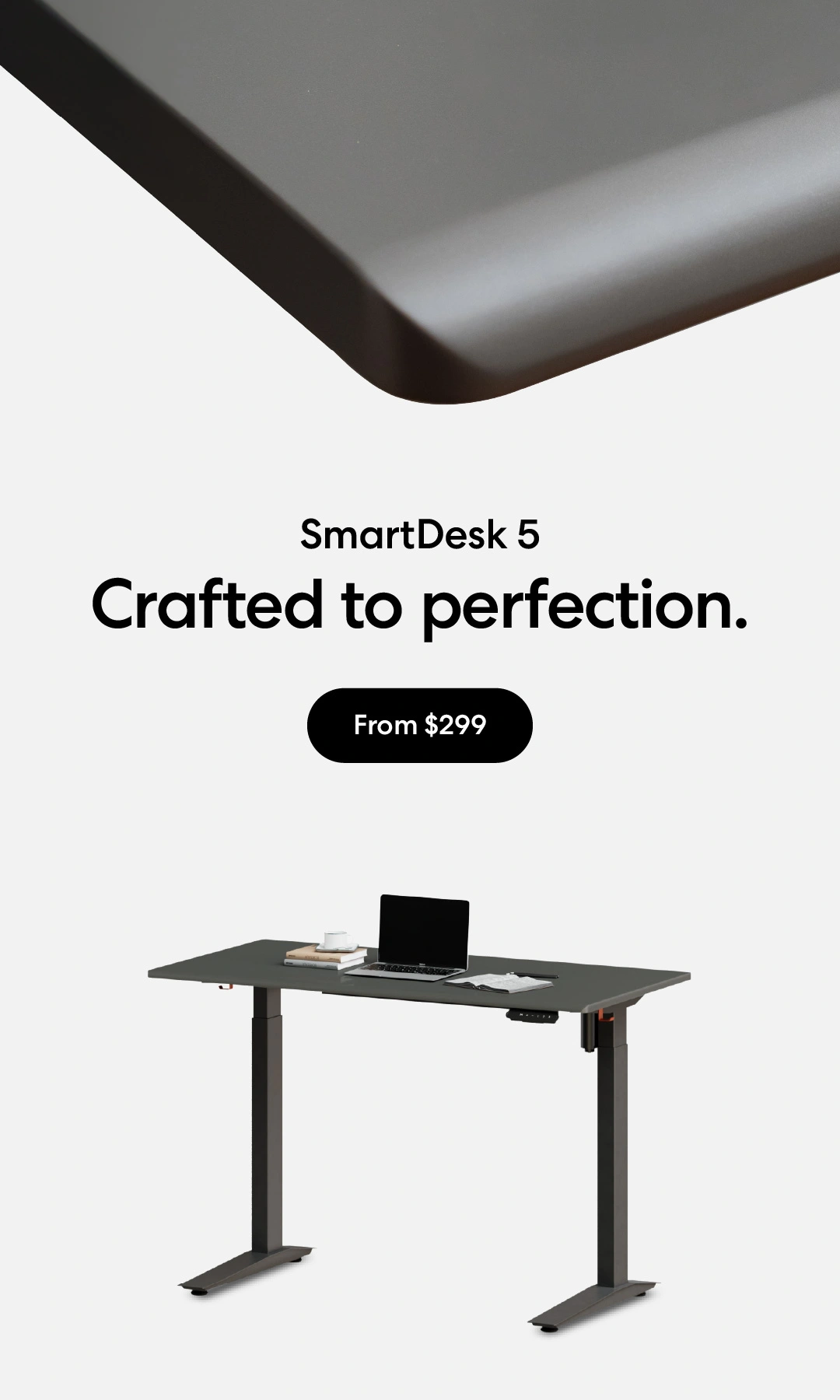
/https://storage.googleapis.com/s3-autonomous-upgrade-3/production/ecm/230914/bulk-order-sep-2023-720x1200-CTA-min.jpg)
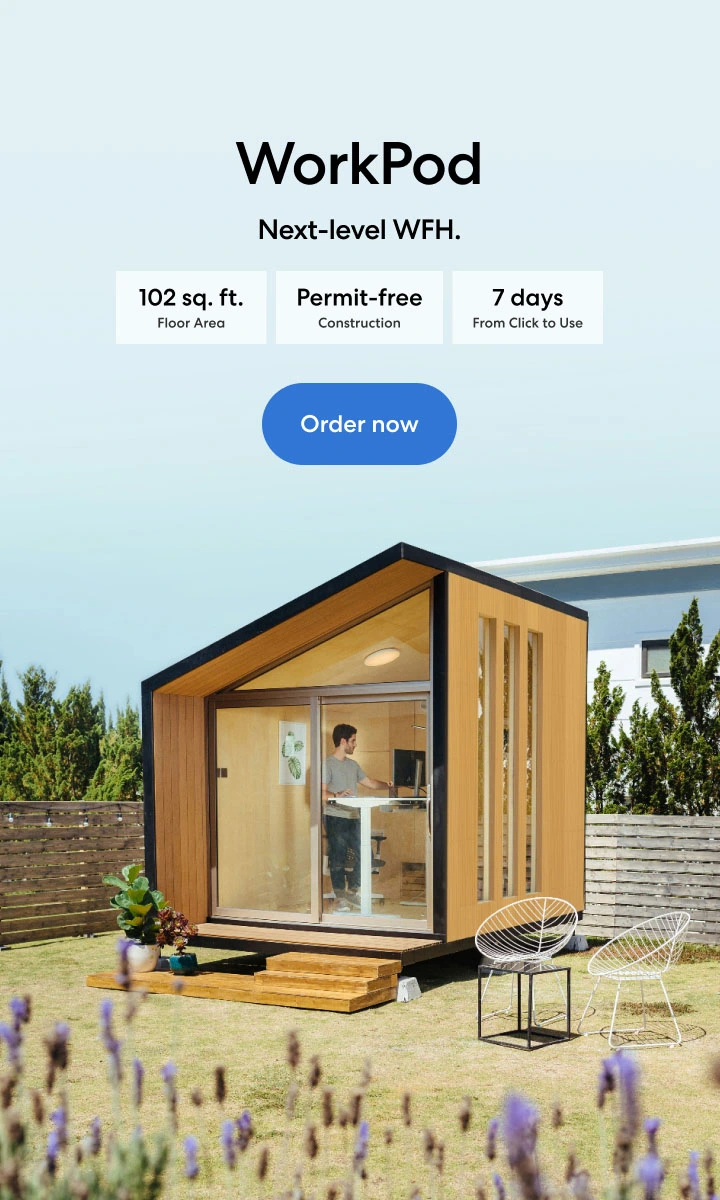
/https://storage.googleapis.com/s3-autonomous-upgrade-3/production/ecm/230824/image_tcfK9hWW_1692158394864_raw-31787d98-e74a-4d1d-80db-76b940960ab0.jpg)